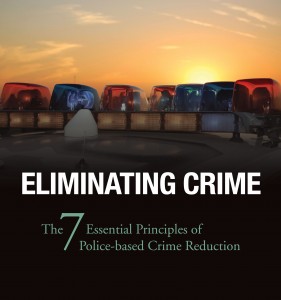Restorative action is valued in communities that view conflict as a learning opportunity. It is a practice that helps individuals understand the effect of their actions on others and to build skills for resolving conflicts more peacefully. Restorative action utilizes empathic listening, open-ended questioning, summarizing, paraphrasing, and identifying underlying needs and interests (Gillman and Bowler, 2004). A relationally-based response to undesirable behaviour (Bargen, 2010), restorative action is premised on the principles of restorative justice. Restorative justice is a more inclusive approach from traditional responses to unwanted behaviour. For example, it provides an opportunity for those most affected by an injustice to have a voice in the resolution process (Gilman and Bowler, 2004). Frequently, the victim, offender, family members, and a community member take an active role in the resolution process.
Centre for Public Safety and Criminal Justice Research
Related posts



Bullying and Harassment
March 21, 2012
